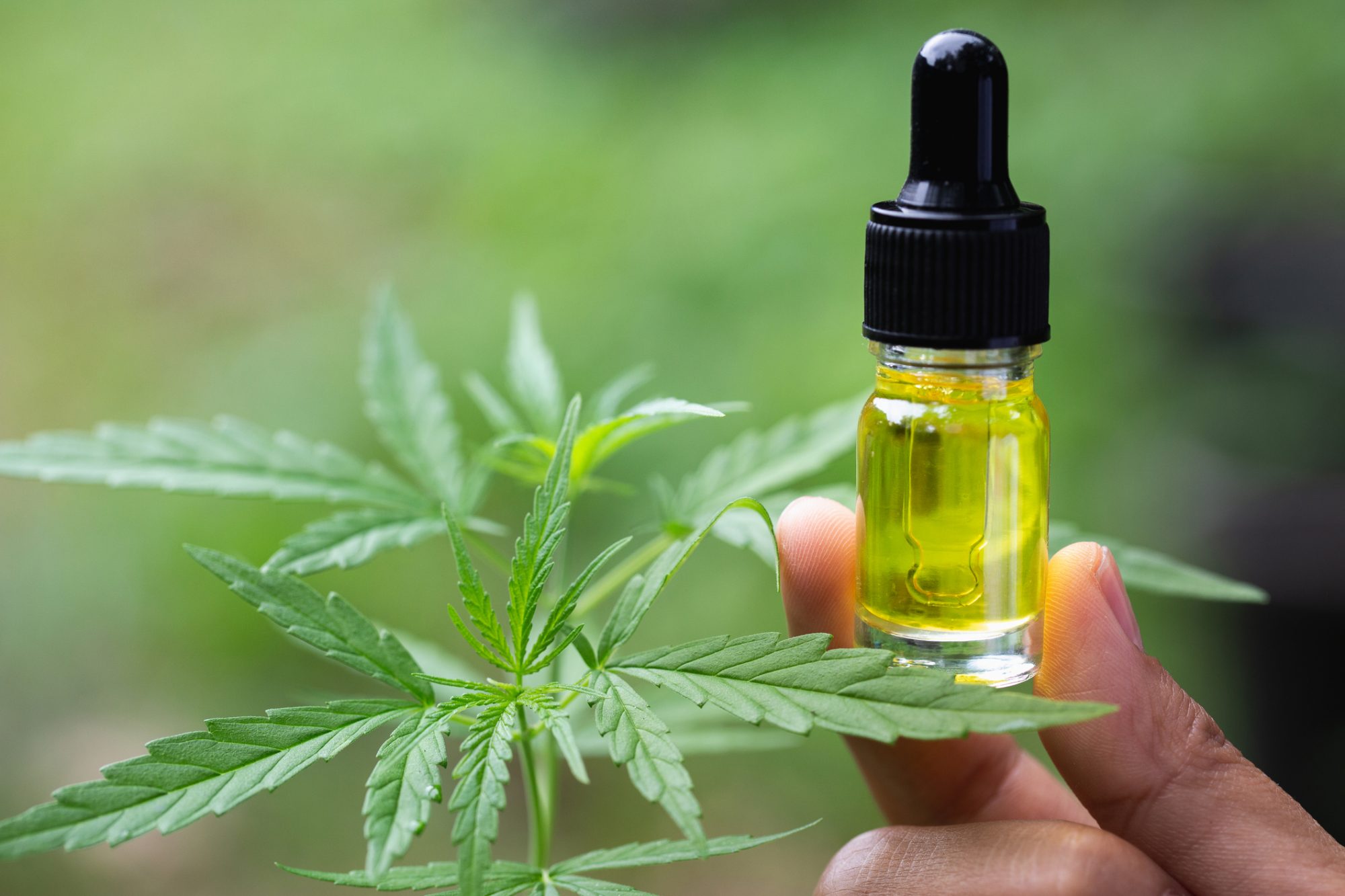Introduction
Premenstrual syndrome (PMS) is a common condition that affects many women during their menstrual cycle. It encompasses a range of physical, emotional, and psychological symptoms that typically occur in the days or weeks leading up to menstruation. These symptoms can significantly impact a woman’s quality of life, making it essential to explore various treatment options. One emerging option that has garnered attention is CBD oil, derived from the cannabis plant. In this comprehensive guide, we will delve into the potential benefits, mechanisms, usage, and considerations related to using CBD oil for managing PMS symptoms.
Understanding PMS and its Symptoms
PMS symptoms can vary widely between individuals, but some common physical symptoms include bloating, breast tenderness, headaches, and fatigue. Emotional and psychological symptoms might manifest as mood swings, irritability, anxiety, and depression. While the exact cause of PMS is not fully understood, hormonal fluctuations, particularly changes in estrogen and progesterone levels, play a significant role.
CBD Oil: An Overview
Cannabidiol (CBD) is a naturally occurring compound found in the cannabis plant. Unlike its cousin tetrahydrocannabinol (THC), CBD does not have psychoactive effects and is not associated with the feeling of being “high.” CBD interacts with the endocannabinoid system (ECS), a complex network of receptors that regulate various physiological processes, including mood, pain perception, inflammation, and immune response.
Potential Benefits of CBD Oil for PMS
Pain Relief: CBD is believed to have analgesic (pain-relieving) properties due to its interaction with ECS receptors. This suggests that CBD oil might help alleviate common PMS-related pain, such as cramps and headaches.
Mood Regulation
PMS often brings about mood disturbances. CBD’s interaction with ECS receptors could potentially contribute to mood stabilization and alleviate symptoms of anxiety and depression.
Inflammation Reduction
CBD has shown anti-inflammatory properties in some studies. Since inflammation is associated with many PMS symptoms, including bloating and breast tenderness, CBD oil might help mitigate these issues.
Stress and Anxiety Reduction
CBD has been investigated for its anxiolytic (anxiety-reducing) effects. Women experiencing heightened stress and anxiety during PMS might find relief through the use of CBD oil.
Improved Sleep
Sleep disturbances are common during PMS. CBD’s calming effects might contribute to better sleep quality and duration.
Mechanisms of CBD’s Effects on PMS Symptoms
CBD interacts with ECS receptors, primarily the CB1 and CB2 receptors. CB1 receptors are abundant in the central nervous system, while CB2 receptors are more prevalent in the immune system and peripheral tissues. By modulating these receptors, CBD can influence pain perception, mood, inflammation, and more. Additionally, CBD’s interaction with serotonin receptors could explain its potential mood-regulating effects.
Using CBD Oil for PMS
Choosing a Product: When selecting a CBD oil product, opt for those that are derived from high-quality, organically grown hemp. Look for products that have been third-party tested for purity and potency to ensure you’re getting a reliable product.
Dosage: CBD dosing can vary widely depending on factors like body weight, metabolism, and the severity of symptoms. It’s advisable to start with a low dose and gradually increase until you find the optimal dosage that provides relief.
Administration: CBD oil can be taken sublingually (under the tongue) for faster absorption or ingested through capsules, edibles, or beverages. Sublingual administration usually results in quicker effects.
Consistency: Consistency is key with CBD. It might take time for your body to adjust and for the effects to become noticeable. Regular use over a few weeks can provide a clearer picture of its effectiveness.
Considerations and Precautions
Legal Status: CBD’s legal status varies by country and region. Make sure to be informed about the legal regulations regarding CBD in your area.
Drug Interactions: CBD can interact with certain medications. If you’re taking any prescription drugs, consult a healthcare professional before incorporating CBD oil into your routine.
Side Effects: While CBD is generally well-tolerated, some individuals might experience side effects like dry mouth, dizziness, or changes in appetite. Start with a low dose to minimize potential adverse effects.
Individual Variability: CBD’s effects can differ based on individual factors. What works well for one person might not work the same way for another.
Conclusion
While research on CBD’s effects on PMS is still in its early stages, there is promising evidence suggesting that CBD oil could offer relief for some women experiencing PMS symptoms. Its potential to address pain, mood disturbances, inflammation, and other issues makes it an intriguing option for those seeking natural alternatives to manage PMS. However, it’s important to approach CBD use with caution, consult a healthcare professional, and be mindful of individual responses. As the scientific understanding of CBD and its applications continues to evolve, individuals have an opportunity to explore this potential solution for PMS symptom management.
- Dermal Fillers Near Shirley, Surrey - May 9, 2025
- Neauvia Hydro Deluxe Skin Booster Treatments Near Redhill, Surrey - May 8, 2025
- Graysexuality: Exploring Sexual Attraction Without Labels Or Boundaries - May 8, 2025



